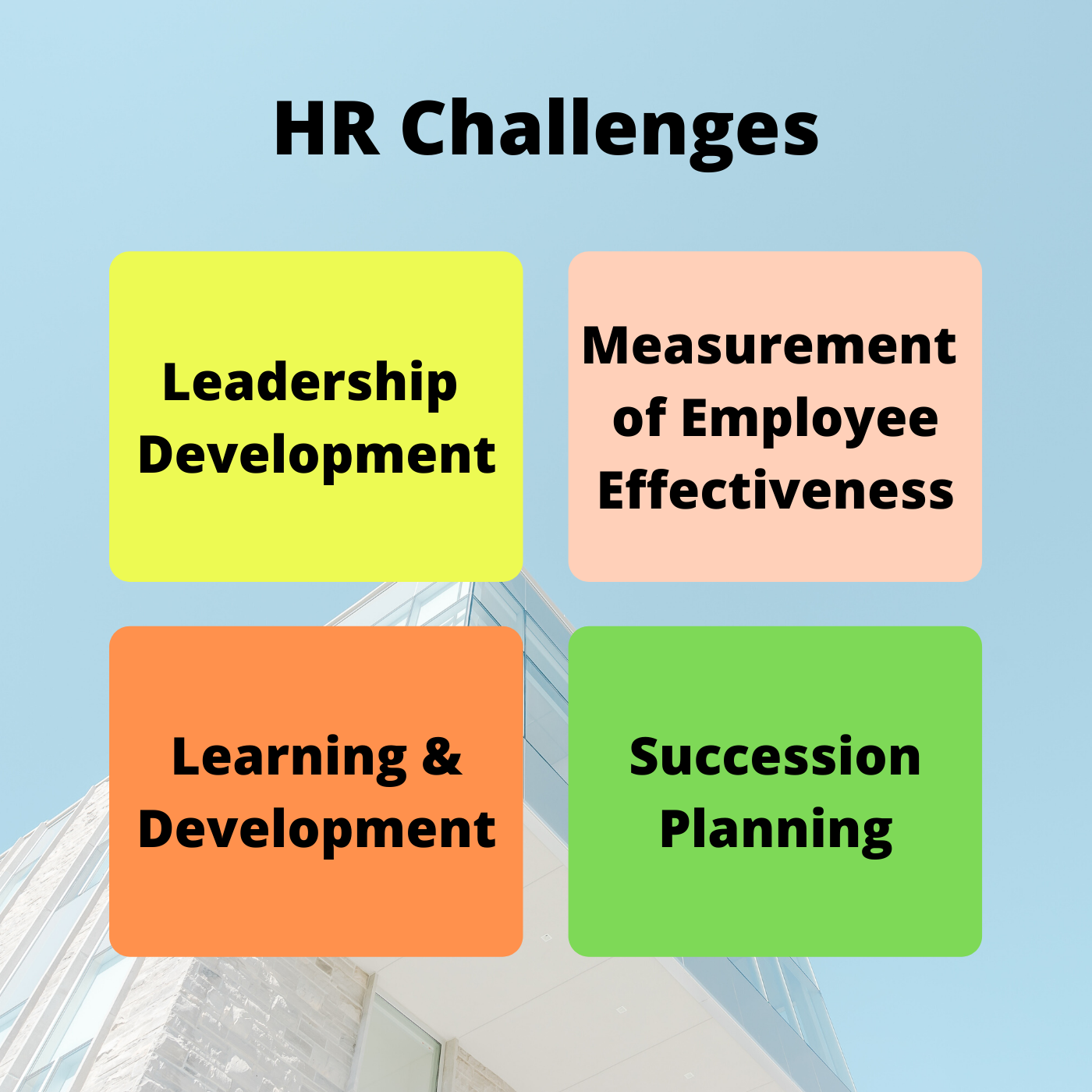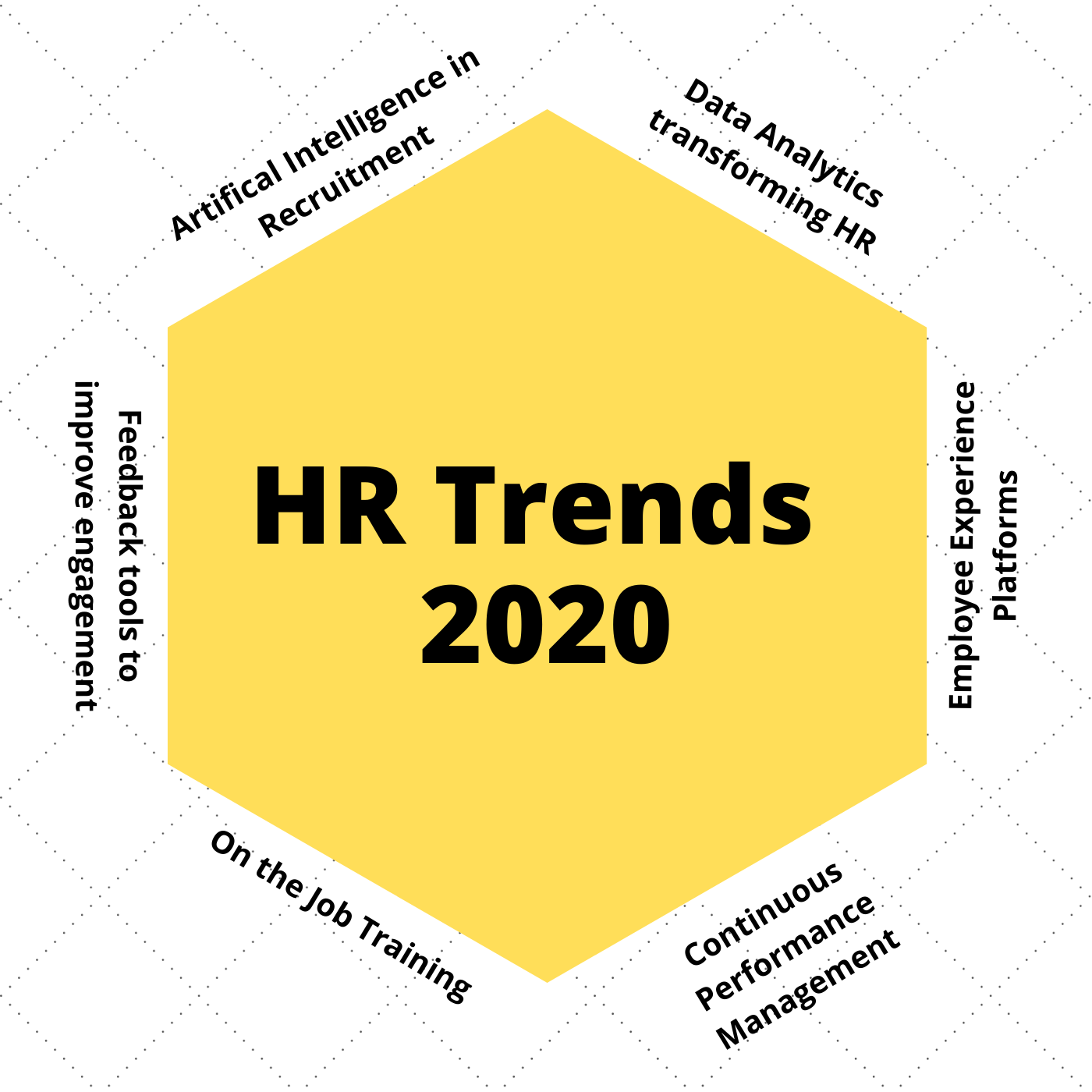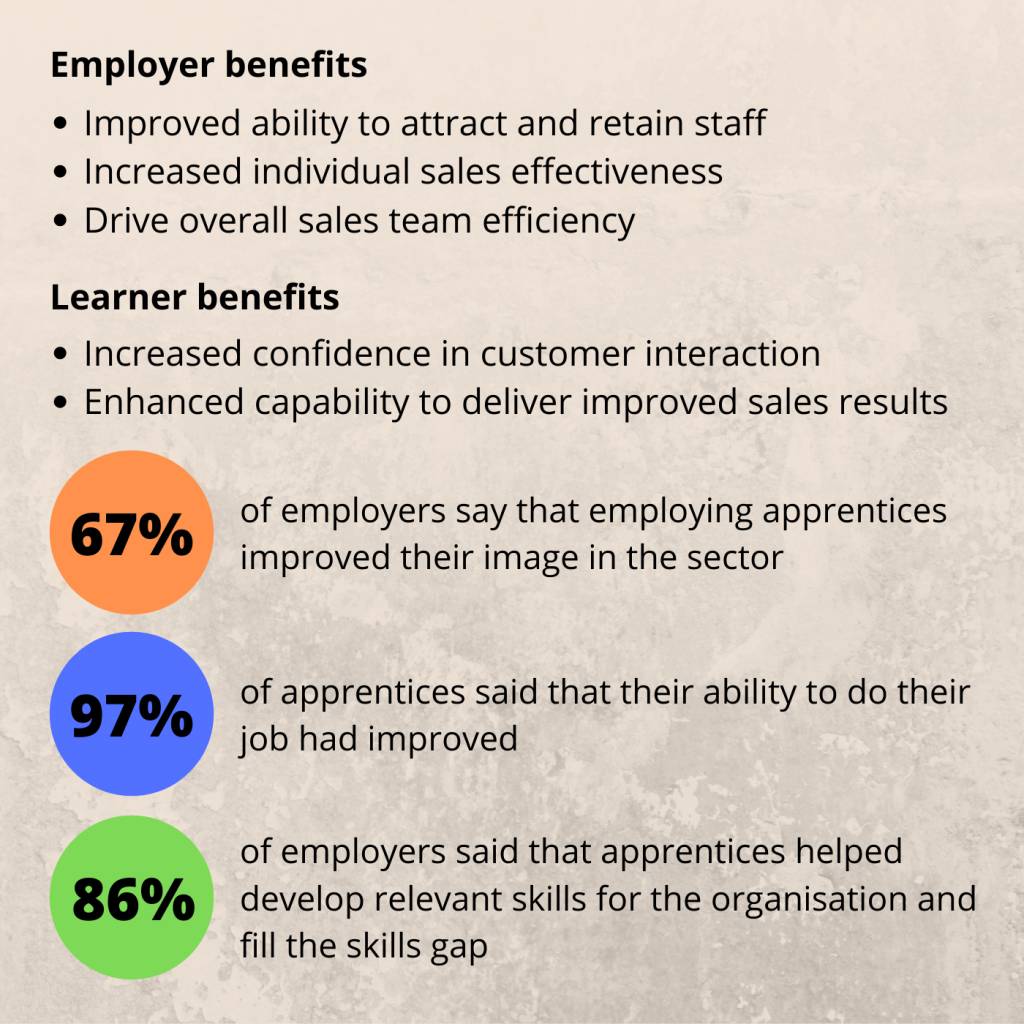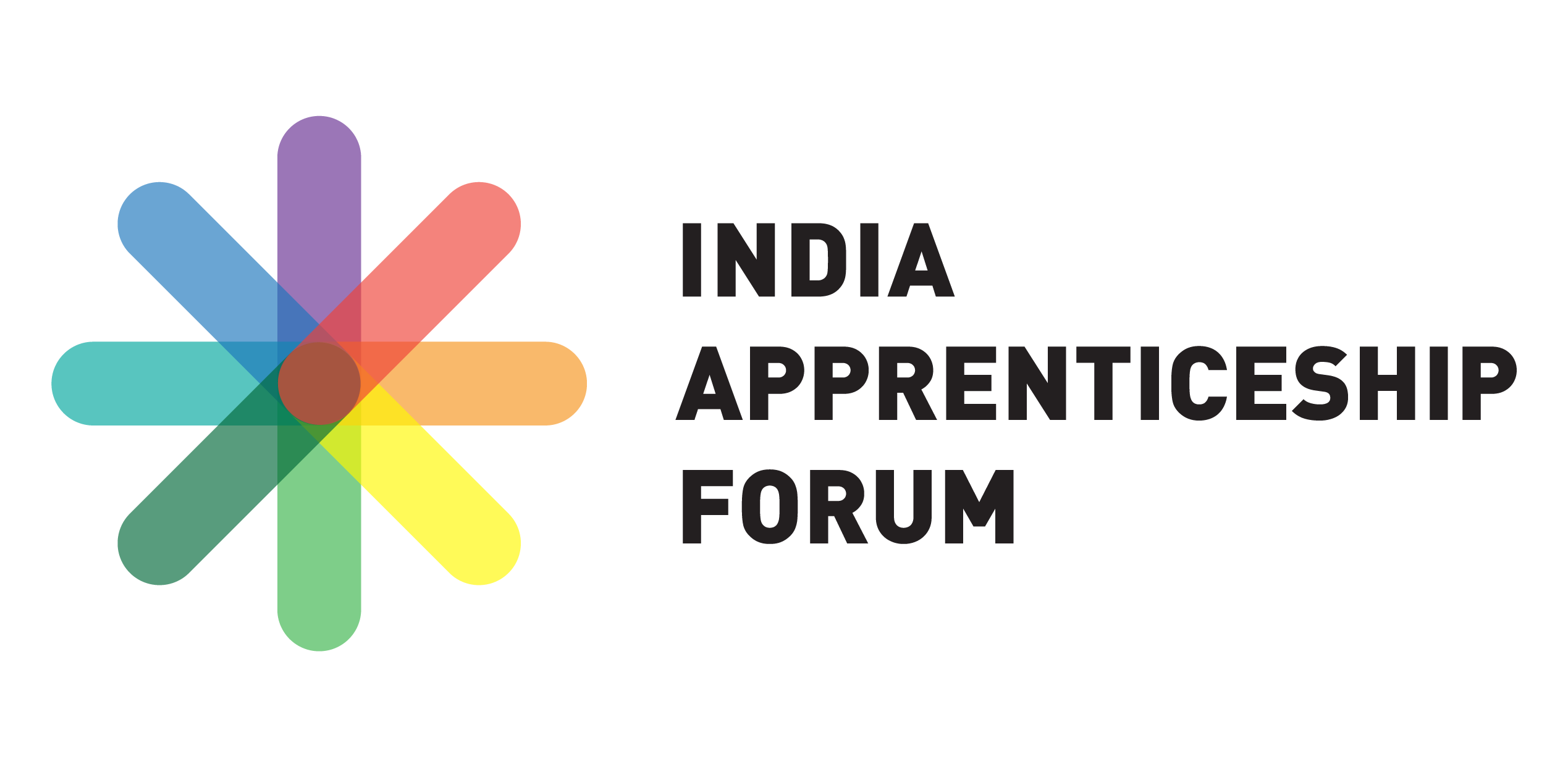Human Resource Management (HRM) has never been an easy job. Cash flow, revenue growth, competition, along with hiring and training, HR teams always get a run for their money.
Ever-changing corporate trends result in several HRM challenges, which in turn lead to the development of new HR trends.
Let’s dive into some common challenges and trends in HRM you can expect to witness in 2020.
Common HR Challenges
Some standard challenges every HRM team faces are:

- Compliance with Laws and Regulation
- Management challenges, including the development of strategies, internal processes, and structure.
- Leadership Development challenges associated with implementing effective leadership programs (https://trainingmag.com/study-shows-leadership-development-rated-below-average-or-poor-more-one-third-organizations)
- Workforce Training and Development, the problem of lower-skilled employees, has always been a hustle for the HR teams.
- Adapting to mercurial technologies and innovations
- Employee compensation challenges, including factoring the cost of benefits, taxes, and training expenses.
- Understanding benefit packages and reducing expenses
- Recruiting talented candidates, a never-ending hassle for HR teams
- Retaining skilled employees is also challenging, primarily because of the increasing demand for skilled employees.
- A company can have employees of multiple generations, cultural differences, or ethnicities, and maintaining positive workplace diversity is a big challenge
Also Read: Lack of awareness on apprenticeship and reforms in hiring benchmarks
New Trends in HRM
Although the challenges are substantial, countering them is essential for steady business growth. Here is a list of new HR trends that are expected to be in practice among HR teams in 2020. 

Employee experience
Employees drive a company forward; therefore, it is essential to prioritize employee experience. The focus of most HR teams has shifted towards enhancing the experience of employees by promoting positive company culture and performance management.
HR departments now focus on providing employees with a better journey map, along with giving them exposure to feedback tools, productivity tools, advanced communication tools, and employee wellness applications.
Apprenticeship
Finding skilled candidates, training low-skilled employees, and nurturing the existing employees are some of the primary obstacles HR teams encounter. But, do you know the robust apprenticeship program can help you overcome these challenges, along with a bunch of other HR issues as well?
Apprenticeship programs enable you to hire skilled talent for regulated minimum wages and train them according to your business requirements. These programs offer you the flexibility to utilize the talent of a specific employee for a particular task, which helps increase training efficiency. Apprenticeship programs also help HR teams to build a talent pipeline of trained employees for the future.
Skill Development
Regardless of the designation or experience, constant learning is essential for growth – both personal and professional. Therefore, HR teams need to continually organize learning management sessions and apprenticeship programs to make sure the skill set of all the employees is up-to-date. Employees with an improved skillset deliver better at the workplace, which adds to the overall performance and productivity of the organization.
Online skill assessments
Assessing skills online is a relatively new trend in HR, and companies are using it as an effective talent management tool. Online skill assessment can come in the form of surveys, tests, quizzes, and exams. Skill assessment enables companies to know the talent pool they have and what skills their workforce lack. After identifying the skills the employees lack, HR teams can plan learning programs to fill the skill gap.
Enhanced employee engagement
Employee engagement and employee experience go hand in hand but have a few subtle differences. While in the past, organizations focused on employee engagement, the trend today is to create an overall positive employee experience that spans every single moment the employee spends with the company.
Apprenticeship: The Trend Revolutionizing HRM
Did you notice something? Most of the HR challenges discussed above require a standard solution: apprenticeship. From hiring talented employees to filling the skill gap, apprenticeship programs can help an organization overcome a large number of operational and performance-related challenges.
Some major HR problems apprenticeships can solve are:
Hiring Talented Employees: Hiring talented employees is a tough task, which requires a substantial amount of time, money, and resources. And even after that, there is no guarantee that a company will get what it is looking for. Apprenticeships can eliminate the requirements of this tedious process at the bottom of the hiring pyramid. In apprenticeship programs, you can hire trained young employees at minimum wages, and give them a ‘Earn while you learn’ environment. You can decide the duration of a program depending upon the magnitude of skills you want them to acquire.
Workforce Training and Skill Development: As mentioned in the previous section, workforce training is essential for an organization to grow and improve its operational productivity. However, outsourcing training programs can be expensive, along with it being less effective. Apprenticeship programs, on the other hand, enable you to carry out workforce training the way you want to, without spending too much on external training sources.
Workforce Diversity: The primary cause of a less diverse workforce is the lack of acquaintance and friendships. When employees train together, they get to know each other and learn to work in teams. Improved team coordination is essential for sustaining an agile environment in an organization, which is critical for prolonged business growth.
Other Apprenticeship Benefits for HR
Apart from the benefits discussed above, here is a list of few less acknowledged benefits of apprenticeships that can play a major role in increasing HR efficiency.


- Reduced operational costs
- Easy and streamlined recruitment
- Positive return on investment
- Enhanced rates of staff retention
- Increased healthy competitiveness
- Increased work quality and employee performance
The Bottom Line
Human Resource Management projects several challenges to the HR teams. However, with the introduction and adoption of new trends, we can witness efficient HR operations in 2020.
Out of all the new HR trends, apprenticeship is expected to be a critical factor in overcoming hiring and performance-related issues.














